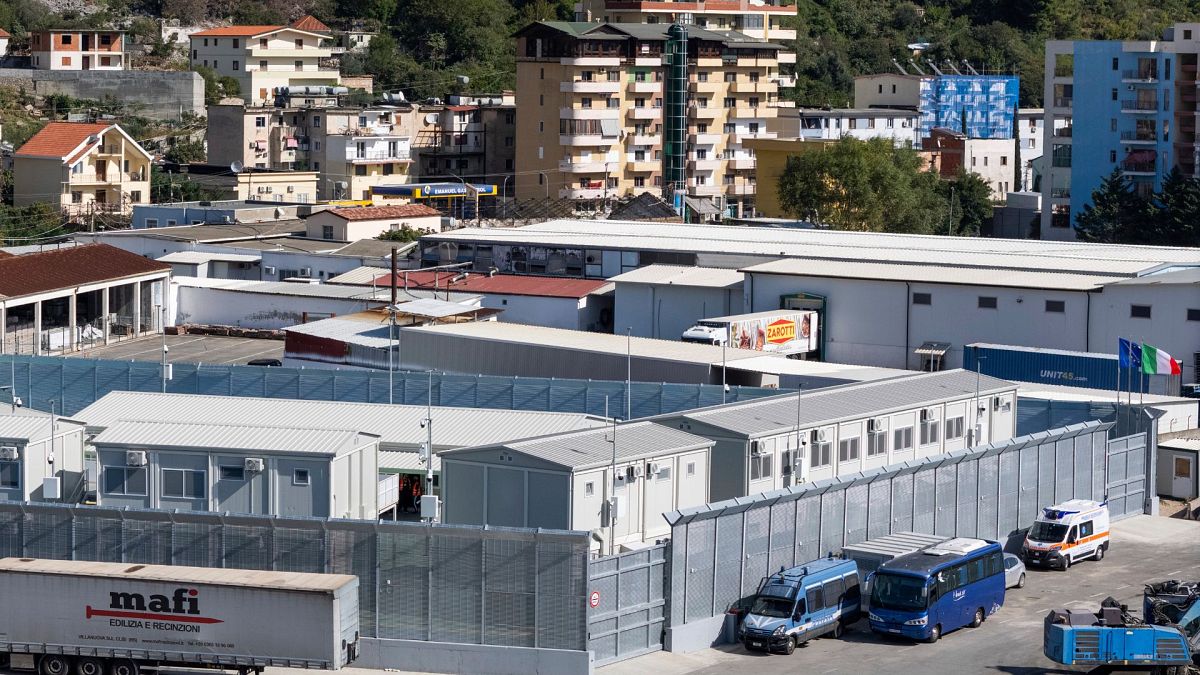A reflection group has encouraged the EU executive to explore new rules for the growing market of no and low-alcohol (NoLo) wine products.
A group of experts from across the EU established by the European Commission in May to consider problems affecting the wine industry has touted greater embrace of low and no-alcohol options within the industry in a set of proposals issued this week.
The so-called High-Level Group on EU wine policy was tasked with examining challenges including a steady decline in domestic consumption and unstable international trade conditions impacting key export markets.
The group’s recommendations aim to address changing consumer preferences and ensure the European wine sector adapts to emerging market opportunities.
Among its final recommendations is the need for measures encouraging producers to embrace new opportunities, particularly in the alcohol-free wine segment, which has become an increasingly significant market.
The group urged the Commission to revise the EU’s legal framework to “facilitate the marketing of grapevine products more attuned to new consumer demands.” This includes “more accessible wine” and “fully and partially de-alcoholised wines, as well as non/de-alcoholised low-alcohol wines.”
Dealcoholisation, a process that removes alcohol from wine, has evolved significantly and can now produce wines with either moderate alcohol levels (10-12% alcohol by volume) or almost no alcohol at all—known as NoLo wines.
While the beer sector has successfully introduced non-alcoholic products, the wine industry has been slower to innovate. The global market for NoLo beverages reached approximately $13 billion in 2023, marking a 62% increase since 2018.
Wine sector at a crossroads
The group has called for updated rules for NoLo wines covering definitions, oenological practices, packaging, and labelling.
The recommendations suggest exploring promotional efforts funded by the EU for these products—an idea that would have been inconceivable just a few years ago.
This proposal of an EU promotion policy for NoLo wines in particular is expected to spark controversy, with the European Federation of Origin Wines (EFOW) already expressing some concerns in a comment following the publication of the recommendations.
For decades, the EU wine sector has benefited from a regulatory framework and financial support designed to improve quality and enhance market responsiveness.
However, Agriculture Commissioner Christophe Hansen, speaking at the group's last meeting on Monday, acknowledged the sector now faces a crisis, despite years of rising sales, exports, and a growing reputation for quality.
Hansen pointed to several factors behind the current challenges, including unsold wine stocks—particularly in the red wine segment—sluggish recovery of demand following the COVID-19 pandemic, and broader economic concerns such as the cost-of-living crisis and international trade volatility.
Additionally, the recommendations include measures to address emergencies such as adverse weather events or sudden drops in external demand, particularly when trade disputes lead to increased duties in key markets.
U-turn
The group’s willingness to embrace NoLo wines marks a significant shift. Previous attempts to address alcohol-free wine faced resistance, notably during the 2018 reform of the Common Agricultural Policy (CAP).
At the time, the Commission proposed allowing certain protected European wines—those with Protected Designation of Origin (PDO) and Protected Geographical Indication (PGI) status—to undergo dealcoholisation.
This initiative sought to align with market demand driven by health concerns, driving restrictions, and the need to access markets where alcohol is forbidden for religious reasons.
The 2018 proposal, although eventually approved by lawmakers, stirred controversy particularly in Italy, where misunderstandings led to fears in the public opinion that the EU intended to dilute all wines by adding water.
Since then, the Commission has trodden carefully in an attempt to balance traditional wine interests with emerging opportunities.
But with changing consumer habits and growing market potential, the wine sector risks falling behind if it does not adapt. The issue has become sensitive for traditional wine producers, as the inaction on this promising market is stimulating competition from outside the sector.
Hansen confirmed that the Commission will assess the group’s proposals and develop a timeline for possible implementation.

 3 months ago
39
3 months ago
39






 We deliver critical software at unparalleled value and speed to help your business thrive
We deliver critical software at unparalleled value and speed to help your business thrive






 English (US) ·
English (US) ·